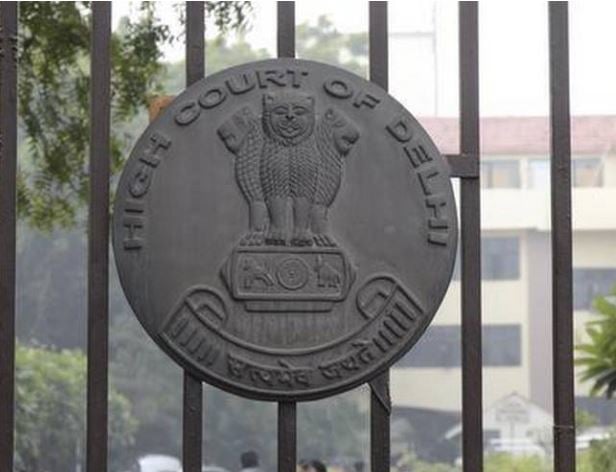The Delhi High Court on Monday held that the recording of adverse remarks and downgrading the petitioner, a Deputy Inspector General (DIG) posted in the Central Reserve Police Force (CRPF), to a grading of good instead of outstanding in his Annual Performance Appraisal Reports (APAR) for April 1, 2018 to March 31, 2019 was unjustified.
The Court has also set aside the Union of India, the the respondent, order dated May 8, 2020 rejecting the representation of the petitioner against the adverse remarks and downgrading as it was passed without considering all the factors and reflecting a non-application of mind.
A division bench of Justices Asha Menon and Rajiv Endlaw directed the respondents to expunge the adverse remarks and the grading of good for the relevant period from April 1, 2018 to March 31, 2019 and to grant all consequential benefits to the petitioner including a revised benchmark grading of very good. They have also been directed to ensure that DPC is constituted to consider the petitioner, Sanjeev Dhundia, for promotion as and when it is due, and ignore the grading of good for the said period.
The Court also observed that in the present case, the petitioner has consistently been recorded as a “very good” and “outstanding” officer, which is clear from the APARs and as is not disputed by the respondents.
When the same Reporting Officer had assessed the petitioner as very good with adverse remarks, for the previous year from April 1, 2017 to March 31, 2018, the Accepting Authority upgraded it to outstanding despite such adverse remarks and which remarks were subsequently expunged by the Ministry of Home Affairs.
The very next year, the respondent graded the petitioner only as good and is reflective of the prejudice of the respondent for he seems to have been peeved with the petitioner.
The present petition has been filed by the petitioner, a Deputy Inspector General (DIG) in the Central Reserve Police Force (CRPF), against the recording of his Annual Performance Assessment Report by the respondents. The petitioner joined the CRPF in December, 1987 as an Assistant Commandant and claims that due to his hard work, he had always received very good performance evaluations and had also received regular promotions in due course.
In 2009, he was promoted to the rank of DIG. He has an unblemished service of more than 31 years in the Force and had been appreciated by not only the higher authorities, including the Inspector General of Police, CRPF, but also by the President of India for his meritorious work.
Since the assessment year 2010-2011 he had been graded outstanding. In January, 2017, the petitioner was posted to West Bengal Sector as a DIG and served there for nearly 6 months after which he took charge as DIG for the remaining period of the year 2017-2018. However, when in terms of the guidelines of the Department of Personnel and Training, the petitioner received his APAR for the period April 1, 2017 to March 31, 2018.
According to the petitioners, the improper recording of the APAR for the year 2017-2018 disclosed the bias that the respondent had against the petitioner. The Accepting Authority, however, graded him outstanding. The petitioner, then filed an appeal for expunction of the adverse remarks and which he submitted on April 4, 2019 to the Home Secretary, Ministry of Home Affairs and which was accepted vide order issued on January 7, 2020.
The recording of the APAR by the respondent was against all guidelines issued by the government in this regard and against the law laid down by the courts. Before recording of lower grading such as average or other adverse remarks, the individual should be suitably advised in writing well in advance, so that the officer had an opportunity to improve himself over the period of one year.
Also Read: Delhi HC slams SHO for not filing FIR in case of a woman’s elopement with Muslim man
The Court observed that APAR is not meant to fix officers so that their future career is jeopardized. Rather, it is intended to inform them how well or otherwise they have performed the job assigned and plan their career development in a systematic manner, so that when they come to know their defects, they can take remedial measures.
AMN21122020CW35332020-180154-1

